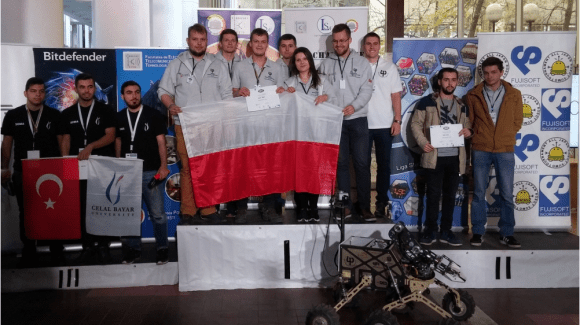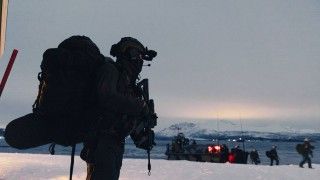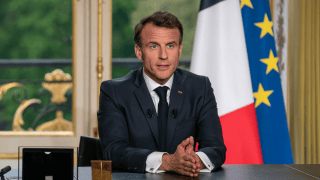- WIADOMOŚCI
Slovakia Has No Funds To Acquire The Gripen Jets. No Joint Squadron With The Czechs.
Bratislava Government is not in possession of sufficient funds, required to procure JAS-39 Gripen fighters, which, along with their Czech counterparts, were going to form a joint squadron in Čáslav. Slovak Air Force considers leasing the Gripen jets, or maintaining operational readiness of 8 MiG-29 fighters. Third option is to become fully dependent on the allied fighters.
According to the Czech “Lidové Noviny” daily, in the light of the expenditure, the aim of which is to acquire nine UH-60M Black Hawk helicopters, two C-27J transport aircraft and two L-410’s, the Slovak government is not in possession of sufficient funds, required to acquire eight Saab JAS39 Gripen fighters. The above circumstances make it impossible to form a joint Czech-Slovak squadron, based in Čáslav. The aforementioned squadron was to include 14 Czech and 8 Slovak jets, in case of which, costs of maintenance and operation would be reduced, in comparison with a situation in which the aircraft are used separately, by both parties interested in cooperation. The actions undertaken by the Czech Republic and Slovakia were also to include acquisition of other types of armament, on the basis of “pooling and sharing” principle. Moreover, within the framework of cooperation, special forces of both countries are to be involved in joint exercises.
Currently, the Czech Air Force uses the JAS-39 Gripen fighters that have been leased from Sweden. Slovak Air Force utilizes the MiG-29 fighters. Until next year, the operational support is going to be provided by the RKS MiG company, which – so far – has also been servicing the Bulgarian Fulcrums. Should Bratislava decide to still operate the MiG fighters, Polish companies may replace the Russian service provider.
Another option for the Slovak air force would be to lease the Saab Gripens, paying for “each hour of flight”. Alternatively, Bratislava could also use support from other NATO member states, when it comes to maintaining a proper level of air policing. Such offer has been placed by Prague two years ago. The Czech government, in May 2014, signed a memorandum covering the joint air patrols. With enough money (ca. 40 thousand dollars per hour of flight) Czech Gripens could be delegated to be involved in air policing duties in the Slovak airspace. Regardless of the selected solution, Bratislava faces a serious challenge - and overcoming that challenge is going to constitute one of the first tasks for the new government, which is to be elected in March 2016.
















